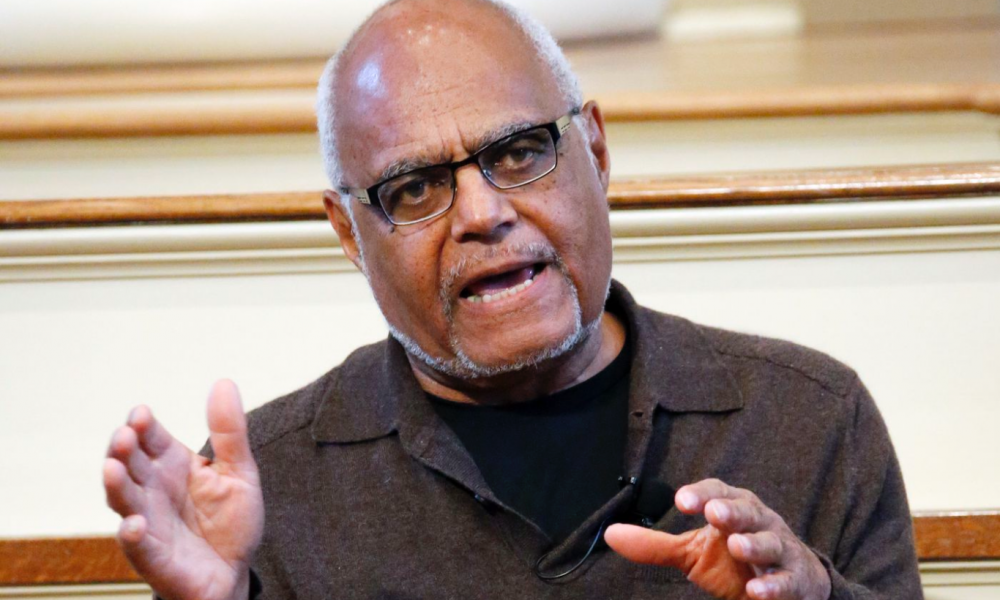Little Richard, the self-described “king and queen” of rock and roll and an outsize influence on everyone from David Bowie to Prince, died Saturday in Tullahoma, Tennessee. He was 87-years-old.
With his ferocious piano playing, growling and gospel-strong vocals, pancake makeup and outlandish costumes, Little Richard tore down barriers starting in the 1950s. That is no small feat for any artist – let alone a black, openly gay man who grew up in the south.
Bob Dylan took to Twitter on Saturday to remember Little Richard, writing “He was my shining star and guiding light back when I was only a little boy. His was the original spirit that moved me to do everything I would do.”
Little Richard was born Richard Wayne Penniman on December 5, 1932, in Macon, GA. He was one of 12 siblings. His father, Charles Penniman, was a brick mason, a bootlegger and eventually a nightclub owner. When Richard was 19, his father was shot to death outside of his club on February 15, 1952.
“A lot of mud and a lot of cows and a lot of chickens and a lot of pigs,” Richard recalled. “It was a beautiful place and I was singing all up and down the street loud as I can. Everybody hollering out there, ‘Shut up! Shut up! You’re making too much noise!’ But I was singing ‘Tutti Frutti’ even then. And playing ‘Lucille’ at the piano at that time.”
Then there was gospel singer Marion Williams, from whom Little Richard said he got his trademark whoop.
In the 1950s, the music industry – like so much else in America – was segregated.
“I been knocking for years and they won’t let me come in,” he said. “I keep coming back, trying it again. Have not got nothing. While I was slipping and sliding, they was keeping and hiding – putting money in unknown banks.”
Little Richard was a man of extremes: A wild pop star and a deeply religious person known to carry his Bible everywhere, and quote from it often. There were periods during his career when he left show business altogether to preach. He often said he wanted to be a minister, like others in his family.
“I just started falling. I started sinking” he told NPR. “I just started getting out of it. I didn’t want to make my engagements. I didn’t want to do anything but just party hearty.”
“And then I said, ‘Well, God is trying to tell me something.’ Then the thought came to me: ‘What shall he profit a man if he should gain the whole world and lose his own soul?’ Or ‘What shall a man give God in exchange for a soul?’ And I decided I would give my life to God.”
It took someone like Little Richard – a fearless performer and gifted musician – to move American music forward. He liked to remind people he was “the architect” of rock and roll. He didn’t build the music by himself, but he was one of its most original designers.



